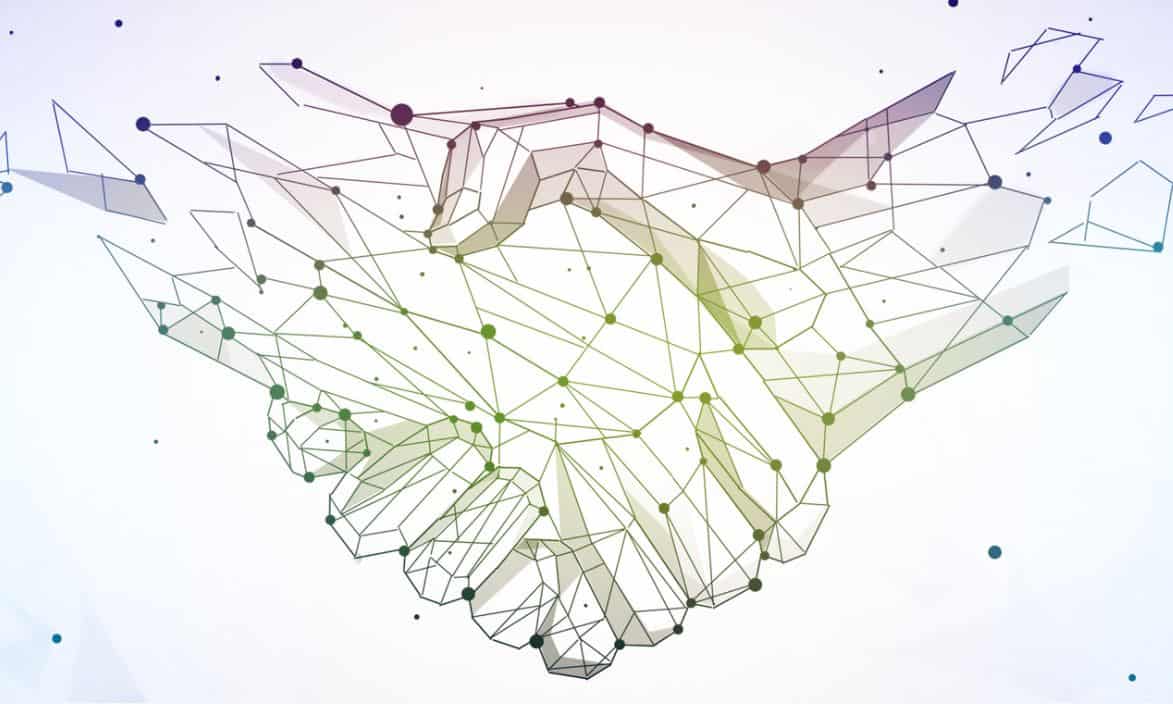Labels and certifications for the digital world
More than 50 initiatives worldwide are working to develop rules for the ethical use of digital technology. The most relevant initiatives have been identified by the Swiss Digital Initiative (SDI) in Geneva, which is itself developing a "Digital Trust Label" for digital services. The SDI aims to strengthen the impact of the various initiatives by promoting the cooperation of the international "Digital Trust Ecosystem".

Trust in digital technologies is of ever-increasing importance, as is once again evident now in the wake of the Covid pandemic with discussions around contact-tracking apps and digital vaccination passports. Already working since 2019, the Swiss Digital Initiative on the promotion of digital trust. One initiative is the creation of a "Digital Trust Label", or DTL for short.
What's with the label?
According to SDI, the label is intended to provide users with information in easy-to-understand language about whether, for example, data protection is being observed or whether an algorithm is making decisions in the background.
Since the start of the project in 2019, SDI has been monitoring international developments in this area and has been in active exchange with like-minded organisations, it points out. With the growing awareness of the importance of digital trust, more than 50 national and international initiatives are involved in certification, the development of criteria and labels for the responsible use of new technologies. A new report by the SDI now provides a comprehensive overview of the dynamic "digital trust ecosystem" for the first time. The compiled knowledge should form the basis for better cooperation and knowledge exchange. Instead of fragmentation, more cooperation is needed to define internationally valid labels and standards.
The most important results
The SDI report focuses on initiatives and projects that propose some kind of verification mechanism to promote and certify responsible and ethical digital tools and services, especially for those initiatives that take the form of a label.
SDI took a closer look at 12 of the most relevant initiatives and analyzed success factors as well as similarities and differences to the "Swiss Digital Trust" label.
The following success factors were identified:
- The label must be known by the target group;
- It should be supported by a strong and well-known organization;
- It needs to convey a clear, simple message and provide complex details downstream;
- The governance of the label organisation must be perceived as legitimate;
- Their financing must be transparent and comprehensible to outsiders.
A comparison with other initiatives also revealed three main types of challenges:
- Character of digital services and products: digital services are highly complex and evolve very dynamically;
- Business model of the label: the label organisation must have sufficient resources to continuously support the label;
- Lack of support: building a credible label is a long-term investment that requires the support of diverse stakeholders.
Strengthening the Digital Trust Ecosystem in Geneva
To address these challenges, better cooperation and exchange between the different initiatives is needed. To this end, the SDI aims to formalize relations with like-minded organizations. The SDI headquarters in Geneva, with its tradition in international organizations, human rights and international governance, is the ideal place to bring the initiatives together to realize their common vision, share best practices and gain experience. To this end, an in-depth exchange during the year, the establishment of a common communication platform and an event in the autumn with all initiatives to discuss the practical implementation of the ethical principles in society are planned.
Quasi an "organic label" for the digital world
The Swiss Digital Initiative is working with EPFL to develop a world-leading digital trust label that will identify the trustworthiness of a digital service in clear, visual and simple, non-technical language, the media release also said.
The Digital Trust Label will be a combination of an organic label and a nutritional table for the digital world: it will show that binding criteria are met by a digital service, while at the same time giving users more information and transparency about four dimensions of the digital service: Security, privacy, reliability of a service and fair user management.
According to information, eight test partners from the public and private sectors are involved in the project to test the criteria: Axa, Canton Vaud, SBB, Swiss Re, Credit Suisse, Booking.com, IBM Switzerland and Swisscom.
Digital trust cannot be defined by one actor alone, but is only the result of close cooperation between all relevant actors: academia, civil society, consumer protection, private and public sectors. For this reason, the Swiss Digital Initiative involved all relevant stakeholders in the development and made the criteria and the development process as transparent as possible. The label sees itself as an ongoing and collaborative effort to strengthen transparency, trustworthiness and understanding of digital applications.
Further information
The report was produced by the Swiss Digital Initiative in collaboration with Ethix - Lab for Innovation Ethicsas part of the national strategy to protect Switzerland against cyber risks.
The following initiatives were examined in detail:
- Data Ethics Framework (AI Ethics Impact Group, Bertelsmann Foundation)
- The Digital Standard (Collective effort: Consumer Reports; Disconnect; Ranking Digital Rights, The Cyber Independent Testing Lab)
- The Ethics Certification Program for Autonomous and Intelligent Systems (ECPAIS), (Institute of Electrical and Electronics Engineers IEEE)
- Fair Data Economy Score (part of Human Driven Data Economy IHAN, Sitra)
- Trustmark for the Internet (EU Next Generation Internet Initiative)
- Trustable Technology Mark (Mozilla OpenIoT Studio + ThingsCon)
- A Trustworthy Tech Mark (doteveryone)
- D-seal, Seal for Data Ethics and IT Security (Public Private Partnership)
- AI Certification (Fraunhofer Institute for Intelligent Analysis and Information Systems IAIS)
- Independent Audit of AI Systems (For Humanity)
- Label Numérique Responsable (NR) (Institut Numérique Responsable)
- Apple's App Privacy Label
Source: Swiss Digital Initiative
Other topics: IT security: underestimated dangers









